Keywords: Time
There are more than 24 results, only the first 24 are displayed here.
Become a subscriber for more search results.
-

AUSTRALIA
The 2025 election marked a pause in Australia’s political life. As old policy narratives falter, we have an opportunity to ask ourselves: what kind of society are we trying to build? Across faiths and traditions, the idea of the common good offers a path forward beyond division and drift.
READ MORE
-

ARTS AND CULTURE
- Gillian Bouras
- 08 May 2025
Elizabeth Strout’s novels honour unrecorded lives: ordinary people marked by quiet resilience and daily grace. And when we reflect on these unrecorded lives, we find a kind of everyday heroism, with echoes of Lucy Barton’s question: what is the point of a life?
READ MORE
-

AUSTRALIA
- Max Jeganathan
- 07 May 2025
In the wake of an unexpectedly decisive election, Australians rejected grievance politics from both right and left. What emerged instead was a quiet preference for stability, civility, and competence: qualities that don’t often headline campaigns, but this time shaped the outcome. In 2025, trumpery just didn’t cut it.
READ MORE
-
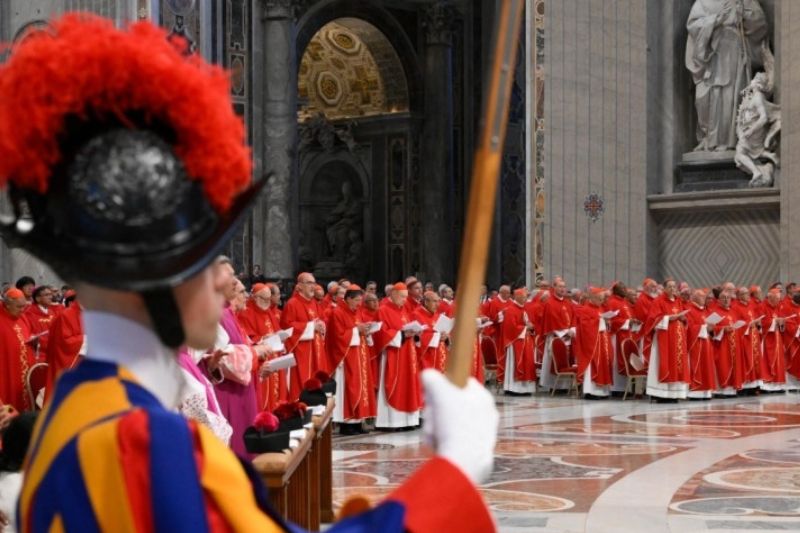
RELIGION
- John Warhurst
- 05 May 2025
As the cardinals prepare to elect a new pope, the centuries-old conclave process proceeds with solemnity and speed. But beneath the tradition lies the question of whether a closed, clerical system still reflects the needs of a diverse, divided, and global Church.
READ MORE
-

AUSTRALIA
As Donald Trump’s trade war upends decades of global economic orthodoxy, globalisation is quietly folding. Protectionism is back, self-sufficiency is in vogue, and Australia, thanks to its deindustrialised economy, largely escapes the fallout. But in a shifting world of tariffs and deficits, what comes next is anyone’s guess.
READ MORE
-

AUSTRALIA
While much of the world drifts toward political extremes, Australia did something quietly radical: it chose the centre. In a night of subdued triumphs and unexpected grace, it was a reminder that democracy’s strength may still lie in its capacity for moderation, mercy, and surprise.
READ MORE 
-
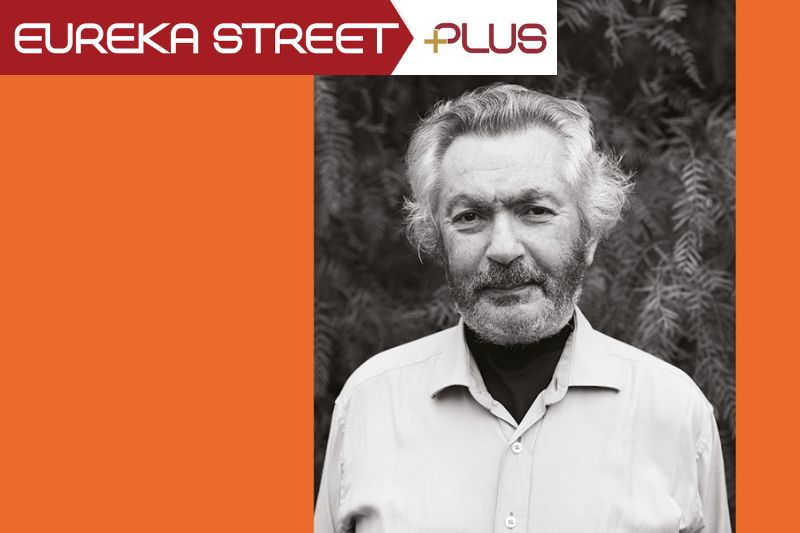
ARTS AND CULTURE
- Andrew Hamilton
- 02 May 2025
In an era of reflex opinion and vanishing accountability, moral seriousness can seem an anachronism. Yet history teaches that ideas — and the people who defend them — shape lives and nations.
READ MORE 
-
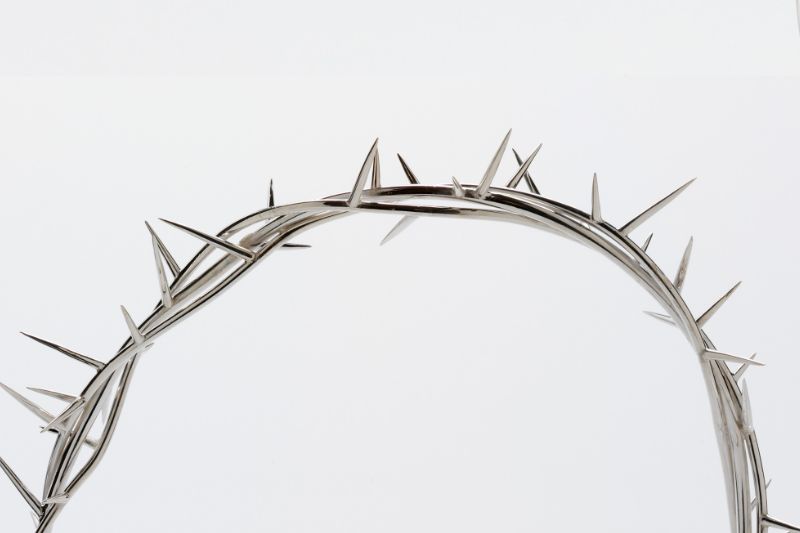
ARTS AND CULTURE
- Damian Balassone
- 01 May 2025
Despite the raging storm, I clearly see a figure on the Sea of Galilee/ a Son of Man/ with outstretched hands/ and he is calling me.
READ MORE
-
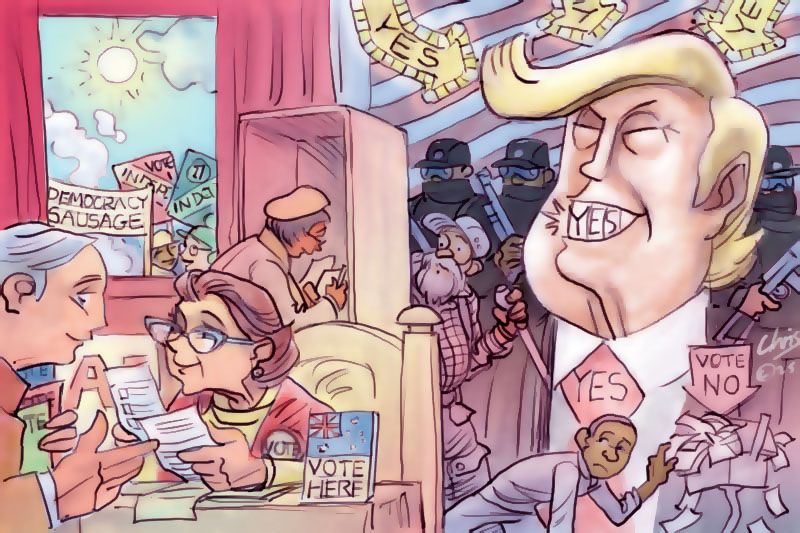
AUSTRALIA
- Jim McDermott
- 01 May 2025
From across the Pacific, Australia’s election looks refreshingly sane: debates over fuel taxes and modest wage hikes. But the surface calm belies deeper frustrations: housing scarcity, voter disillusionment, political evasion. But for an American watching from a fractured homeland, the question is how long that difference can hold.
READ MORE
-
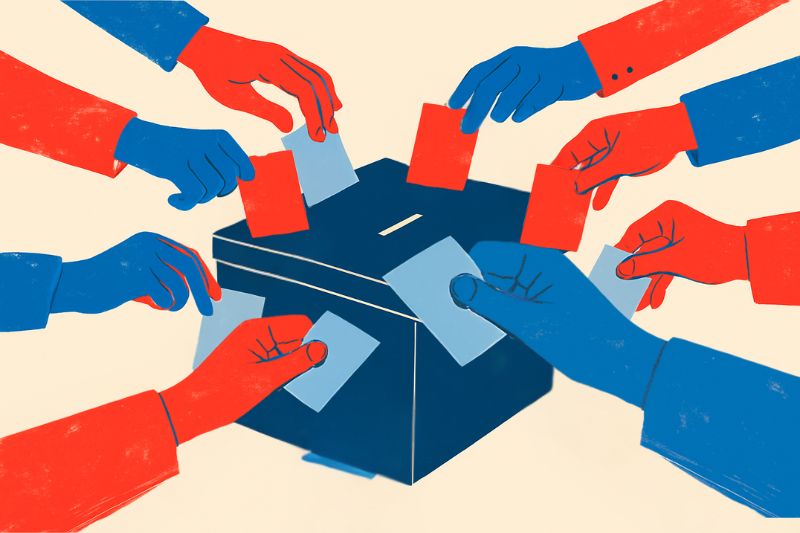
RELIGION
- Andrew Hamilton
- 01 May 2025
Three elections, three systems, one shared question: what kind of person should lead? As voters and cardinals choose their next leaders, attention turns from policy to personality — to character, courage, and conviction. In an age of division, the qualities that guide a life may yet decide the fate of nations.
READ MORE
-
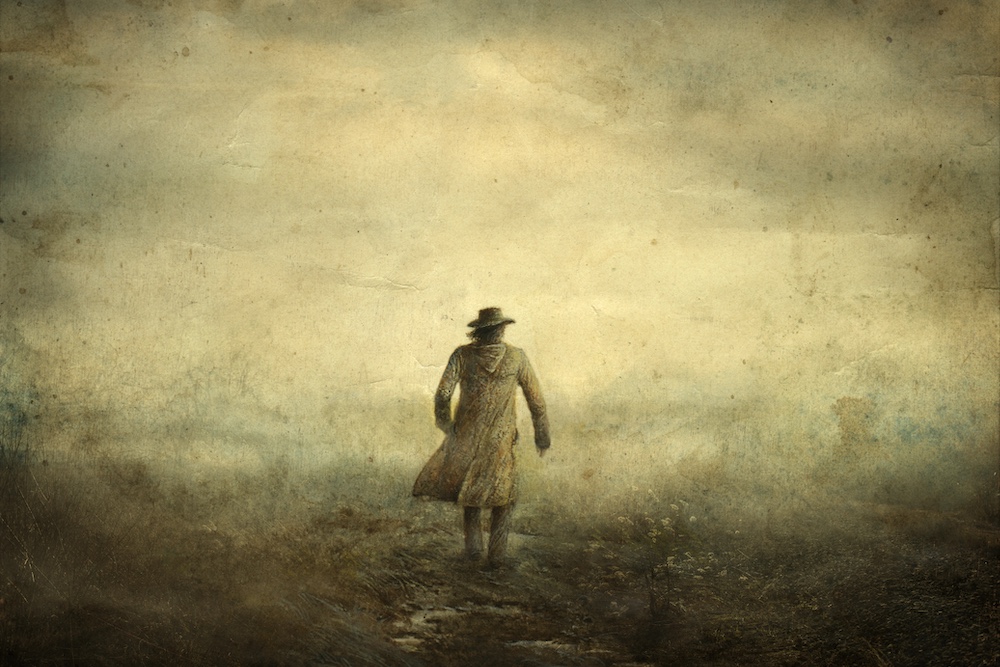
INTERNATIONAL
- Warwick McFadyen
- 30 April 2025
And so as the 21st century marked its first quarter, reality in the most powerful country on Earth slipped into a vortex of blurred lines of what it meant to be a living, moral being.
READ MORE
-
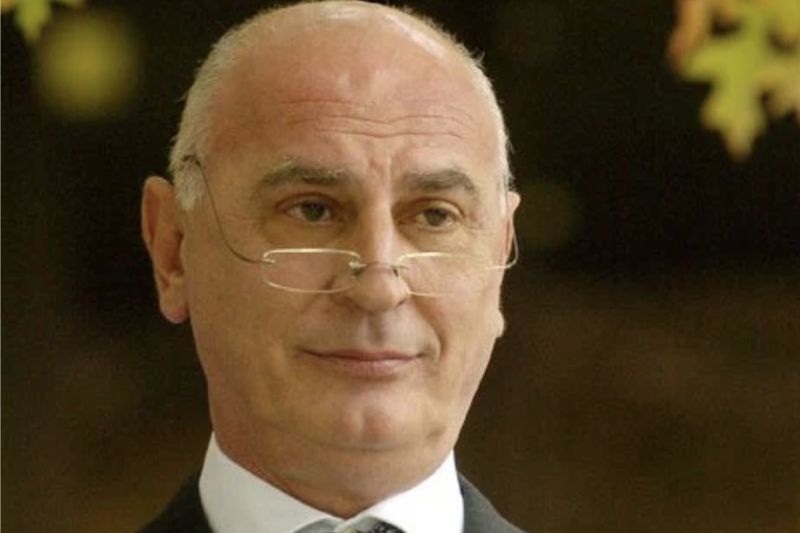
AUSTRALIA
- Stephen Minas
- 30 April 2025
As Australia prepares to vote, the legacy of Petro Georgiou casts a long shadow, reminding us that politics can still be principled, compassionate, and deeply human. He reshaped multicultural policy, challenged cruelty, and proved that conscience has a place in party politics.
READ MORE